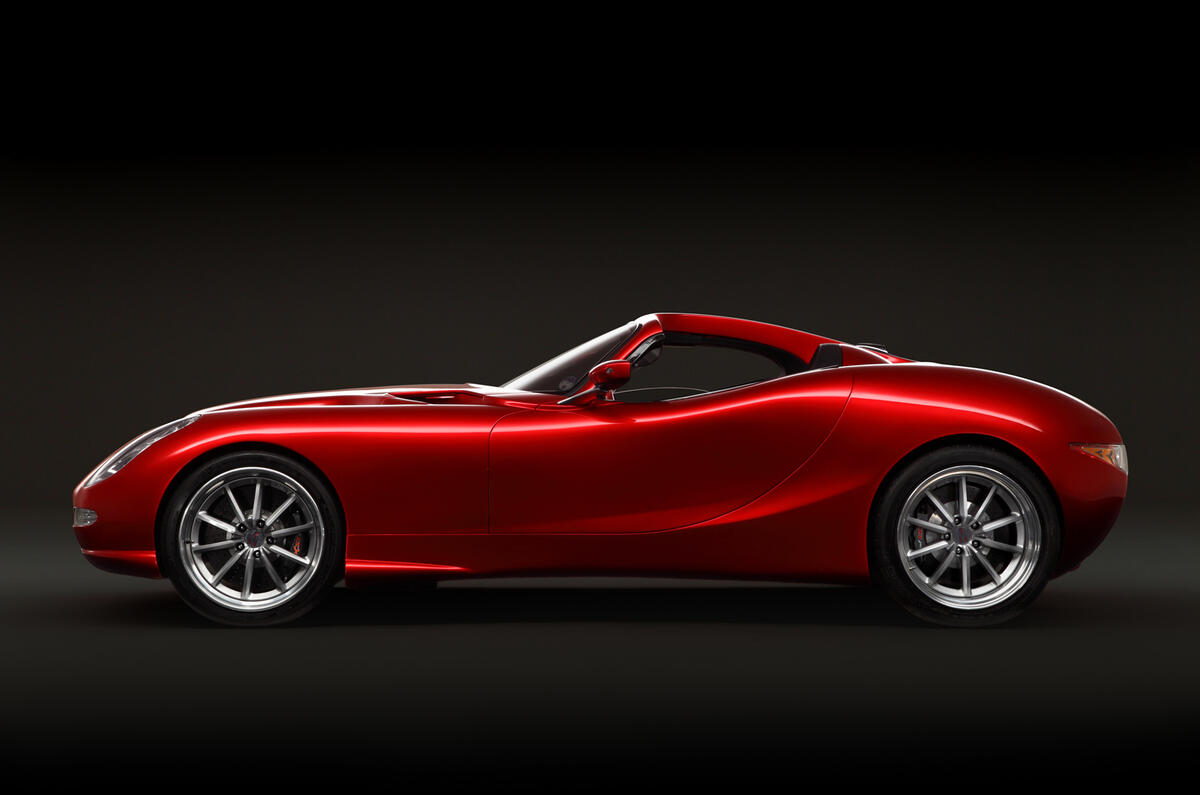Officially, as of today, the answer to our automotive prayers for the environmentally friendly supercar have been answered.
That’s because the Trident Iceni, Magna and Ventura models not only run on vegetable oil but will also do close to 200mph, and get to 60mph in just under 4.0 seconds. We can laugh as we tell the greenies that our supercar isn’t greedy either and will sip biodiesel at over 60mpg and cover a claimed 2000 miles on a tankful. Not only that, the bodywork and chassis will last a lifetime, possibly more and there is a 100,000-mile engine service interval.
I’m interested in these cars because they are being built just a few miles away from where I live. Over the years I have watched this British company struggle to gain recognition and publicity. Meanwhile, there are massive subsidies for electric and hybrid technology. Nick Clegg has just launched a £500 million scheme for electric cars, which account for less than one per cent of sales. Give a fraction of that to Trident bosses Phil Bevan and Daniel Monaghan and we could get a real British-owned car industry that truly leads the world.
As it stands though, we have another clever British technology that could go the way of so many other great ideas. They are rightly concentrating at the high end of the market in order to make profits and pay for their investment. The tech wouldn’t work on a Ford Fiesta-sized shopper but certainly translates to a V8-engined supercar.
The key to building the fastest diesel car is the eight-speed automatic gearbox, which is located in the rear of the car. Designed by Bevan and built in America, he explained several years ago to me how it works: “We are using the cogs in the gearbox in a different way. The gear change severity is based on a cruise mode, which means there are seamless changes. When we go racing there are manual paddle shifts, but on a day-to-day basis that would be tiring, so it is better to be fully automatic.”
This enables the car to make full use of its huge torque by keeping the engine operating within its peak performance band. Computer calculations have been made suggesting a top speed of 230mph, 0-60mph in under four seconds and at 56mph, fuel consumption in excess of 50mpg. The car you buy though will be a bit slower (190mph) and rather more frugal.
It’s the supercar you don’t have to feel remotely guilty about owning, plus it was designed and built in Britain and that’s something we can be proud of. What a shame our government continues to look at Far Eastern-built battery imports when we have the technology for a greener motoring future right here.




Join the debate
Add your comment
I feel no love
" The fuel tank is 85 litres
HUH?
HUH?